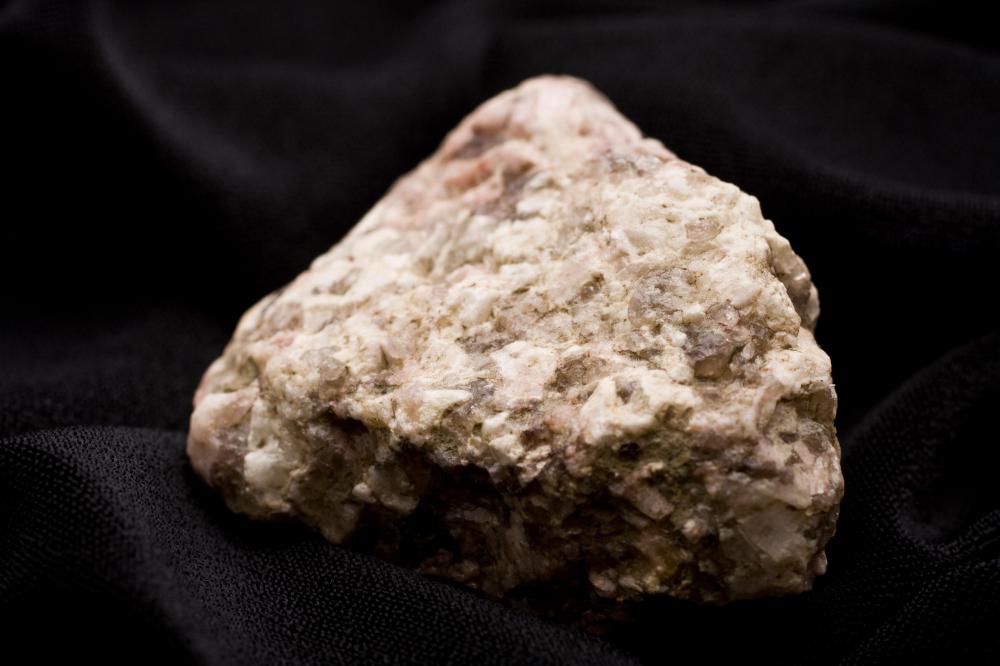At WiseGEEK, we're committed to delivering accurate, trustworthy information. Our expert-authored content is rigorously fact-checked and sourced from credible authorities. Discover how we uphold the highest standards in providing you with reliable knowledge.
What Is a Hole Opener?
Hole openers are specialized drill bits that can be used to widen preexisting bores. A common practice involves drilling a relatively small bore and then widening it with a hole opener, since this can result in a straighter hole and require less powerful machinery. Hole openers are available in a wide variety of different configurations, including tungsten cutters, steel bits, and down the hole (DTH) hammers. These devices are commonly utilized for industrial uses to create very large diameter holes. In addition to widening a bore, a hole opener can also clean excess material out of it.
The drilling of large boreholes is required in a number of different industries, such as hydrocarbon exploration, well drilling, and horizontal excavation for tunnels and other purposes. Drilling one large hole can require an exceptional amount of power and very large machinery, so the process is sometimes done in several steps. In some cases, a relatively narrow bit will be used to drill a pilot hole. This typically requires less energy than doing it in one step and can also result in a straighter bore. After this initial hole has been drilled, a hole opener can be used to widen the bore.

In some cases a hole opener can be attached above a smaller drill bit, which can act as a pilot. Other setups involve drilling the narrow diameter hole first, and then a separate pilot shaft is attached to the hole opener to guide it. In either case, the result can be a more precise borehole that was created with less powerful equipment than would have been needed to drill a large hole to begin with.
There are a variety of different hole opener configurations, each of which can be best suited to certain applications. Many hole openers make use of tricone bits, which look like sets of three spiked orbs that are oriented towards each other. Others use tooth cutters, which are often made of steel and may have carbide tips or be enhanced with other hardening substances. Some hole openers have fixed cutting heads, and others can be modified to achieve several different hole diameters.
Another type of hole opener is known as a DTH hammer. This unique design involves a concussive force that repeatedly hammers a drilling head into the rock or other substrate. The hammering action can pulverize rock and also force it back and up, helping to clear out the borehole.
AS FEATURED ON:
AS FEATURED ON:











Discuss this Article
Post your comments